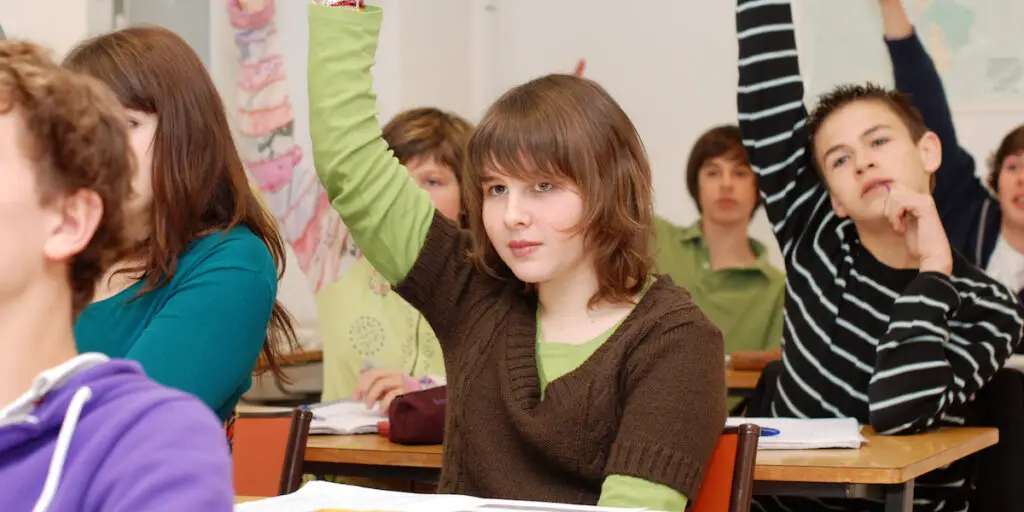The following is excerpted from an online article posted by ScienceDaily.
Most teachers focus on academic considerations when assigning seats. A new study by Florida Atlantic University psychology researchers is the first to show that these classroom seat assignments also have important implications for children’s friendships.
Results of the study, published in the journal Frontiers in Psychology, revealed that friendships reflect classroom seat assignments. Students sitting next to or nearby one another were more likely to be friends with one another than students seated elsewhere in the classroom. Moreover, longitudinal analyses showed that classroom seating proximity was associated with the formation of new friendships. After seat assignments changed, students were more likely to become friends with newly near-seated classmates than with those who remained or became seated farther away.
“The students in our study spent most of every day with the same 15 or so classmates. By the middle of the school year, there were no unfamiliar peers,” said Brett Laursen, Ph.D., senior author and a professor of psychology in FAU’s Charles E. Schmidt College of Science. “Yet when seat assignments changed, new seatmates were apt to become new friends, consistent with claims that exposure alone is not a sufficient condition for friendship. Apparently, proximity transcends familiarity by providing new opportunities for the kind of exchanges that form the basis of a friendship.”
Participants in the study included 235 students (129 boys, 106 girls) in grades 3 — 5 (ages 8-11) who nominated friends at two time points (13 -14 weeks apart). Children attended a public primary school in South Florida that reflected public school students in the state in terms of ethnicity and family income.
Source: ScienceDaily
https://www.sciencedaily.com/releases/2022/06/220628113355.htm



